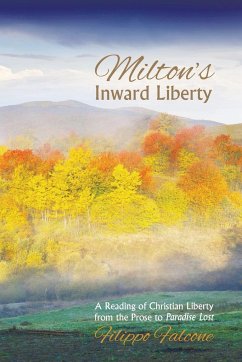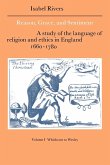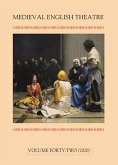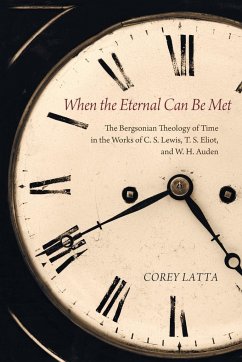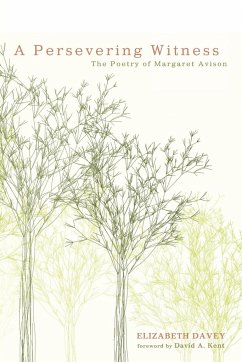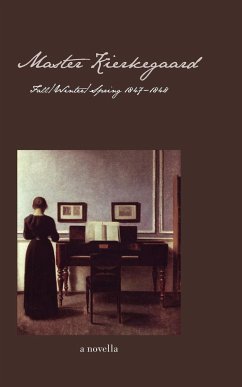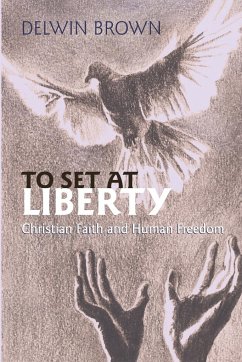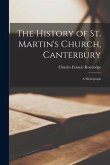What is true liberty? Milton labors to provide an answer, and his answer becomes the ruling principle behind both prose works and poetry. The scholarly community has largely read liberty in Milton retrospectively through the spectacles of liberalism. In so doing, it has failed to emphasize that the Christian paradigm of liberty speaks of an inward microcosm, a place of freedom whose precincts are defined by man's fellowship with God. All other forms of freedom relate to the outer world, be they freedom to choose the good, absence of external constraint and oppression, or freedom of alternatives. None of these is true liberty, but they are pursued by Milton in concert with true liberty. Milton's Inward Liberty attempts to address the bearing of true liberty in Milton's work through the magnifying glass of seventeenth-century theology.
Hinweis: Dieser Artikel kann nur an eine deutsche Lieferadresse ausgeliefert werden.
Hinweis: Dieser Artikel kann nur an eine deutsche Lieferadresse ausgeliefert werden.

